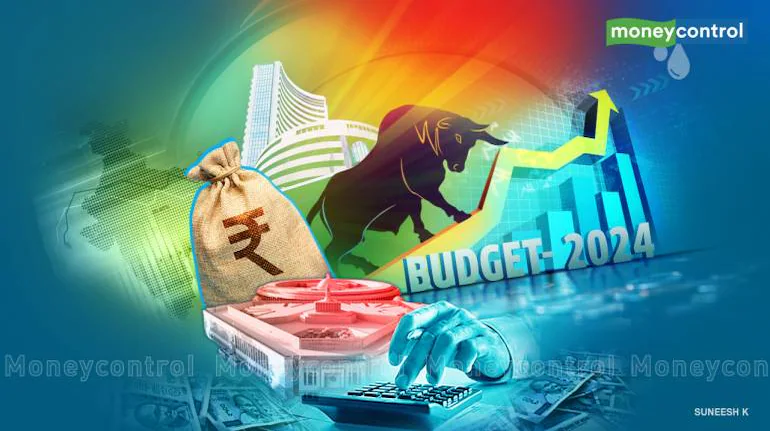Markets assessing the promise of policy continuity in BJP’s manifesto

Manifesto Musings – Who Said What
Economists at Citigroup have said that there is a definite aspiration in the manifesto towards making India a power to reckon with in terms of global manufacturing.
A PhillipCapital note anticipates the party to be more aggressive in terms of execution and policy development in its third term. “Additionally, it is likely to execute plans that were laid out in the previous regime, in its next term,” the note added.
You’re right, markets play a crucial role in assessing the potential effectiveness of a policy. Here’s how:
Anticipation of future conditions:
- Investors and businesses analyze proposed policies and try to predict their impact on various sectors. This can affect stock prices, interest rates, and investment decisions.
- For instance, if a policy aims to promote renewable energy, companies in that sector might see a rise in stock prices due to market anticipation of increased demand.

Pricing in potential risks and rewards:
- Markets react to the perceived risks and benefits of a policy. If a policy is seen as likely to increase inflation, bond yields might rise as investors seek protection.
- Conversely, if a policy promotes economic growth, currency exchange rates might strengthen due to increased market confidence.

Influencing policy direction:
- Market reactions can send strong signals to policymakers. A negative market response can prompt adjustments or even scrapping of a policy.
- Conversely, strong market support can encourage further policy development in that direction.
Limitations to consider:
- Markets are not perfect predictors. They can be volatile and react to short-term factors besides the long-term impact of a policy.
- Market reactions don’t necessarily reflect the social good a policy might achieve. A policy promoting environmental sustainability might face initial market resistance despite its long-term benefits.
Overall, markets act as a kind of barometer, gauging the potential effectiveness of a policy based on its anticipated impact on economic factors. This feedback loop can be valuable for policymakers in refining and implementing policies.